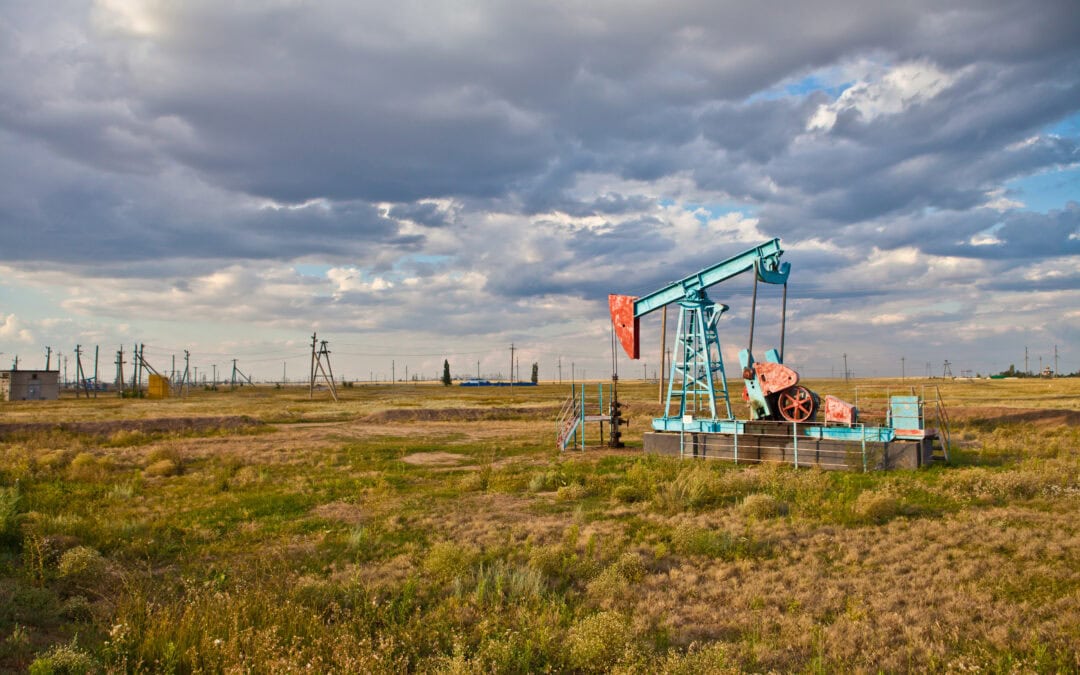Oil and gas operations often leave behind abandoned equipment and contaminated land, the impacts of which may surface years later in the form of barren land, polluted ponds, and tainted water wells. When they’re faced with steep cleanup bills and diminished land value, landowners may feel they have no recourse.
Louisiana law equips landowners with powerful tools to hold oil and gas companies accountable. Through Landowner Environmental Claims and Legacy litigation, you can safeguard your property and your rights.
Understanding Landowner Environmental Claims
Landowner Environmental Claims refer to legal assertions made by property owners who have been adversely affected by environmental damage, often stemming from historical oil and gas operations. Such claims can arise from a variety of issues, including soil contamination, water pollution, and disruptions to natural habitats. As awareness of these issues grows, landowners are increasingly looking to legal avenues to seek remediation and compensation for the damages they have incurred.
The Impact of Oil and Gas Operations
Oil and gas operations have left a lasting legacy on the environment, particularly in regions where drilling has been prevalent for decades. These operations often involve extensive land use changes, leading to soil erosion, groundwater contamination, and disruption of ecosystems. Many of these impacts may not become evident until years later, making it essential for landowners to understand their rights and available remedies.
Soil Contamination
Leaking pipelines and improper disposal of drilling waste can lead to significant soil contamination, affecting both agricultural viability and property value.
Water Pollution
Fracking and drilling activities can lead to the contamination of local water supplies, impacting drinking water and aquatic ecosystems.
Air Quality
Emissions from oil and gas facilities can compromise air quality, causing health hazards for nearby residents.
Ecosystem Disruption
Land clearing and habitat destruction can have adverse effects on local wildlife, leading to long-term ecological consequences.
Legal Protections Available for Landowners
It’s important to know that landowners are not powerless in the face of the environmental damages caused by oil and gas operations. Several legal protections and avenues exist to help landowners assert their rights through Landowner Environmental Claims.
Legacy Litigation
One of the main avenues for landowners affected by environmental issues stemming from historic oil and gas operations is Legacy litigation. This type of litigation allows landowners to seek damages from oil and gas companies for the harm caused to their property and health.
Successful claims can lead to the required cleanup of contaminated properties, preventing further damage to the environment. In these cases, landowners may also be entitled to compensation for property devaluation, health issues, and other losses directly related to the contamination.
Continuing Obligations to Remediate
Under many environmental laws, oil and gas companies are required to mitigate the adverse effects of their operations. These obligations can extend even after the production has ceased. Landowners can leverage these continuing obligations in their claims to ensure that companies address any lingering environmental issues on their property.
State and Federal Environmental Regulations
Several state and federal regulations protect landowners from environmental harm caused by oil and gas operations. The Clean Water Act and the Comprehensive Environmental Response, Compensation, and Liability Act (CERCLA) are just two examples of laws providing frameworks for addressing contamination caused by past operations. Landowners may utilize these regulations to inform their claims and bolster their legal position against oil and gas companies.
Private Right of Action
Many states provide a private right of action, allowing landowners to sue for damages directly arising from environmental violations. This legal avenue is particularly significant in cases where regulatory agencies fail to take action. By pursuing a private right of action, landowners can recover damages and hold responsible parties accountable.
The Role of Legal Counsel
Navigating the complexities of Landowner Environmental Claims and Legacy litigation can be daunting for individual landowners. Attorneys specializing in environmental law will understand the intricacies of the legal landscape, gather the necessary evidence, and advocate on behalf of landowners to ensure their rights are upheld.
When seeking legal representation, landowners should look for attorneys with a strong background in environmental law, specifically those familiar with Legacy litigation involving oil and gas companies. At Talbot, Carmouche & Marcello, we have a team of skilled attorneys who understand the challenges landowners face and can provide personalized guidance through every stage of the legal process.
Get Help Today
Landowners affected by oil and gas operations do not have to suffer alone. Through Landowner Environmental Claims and Legacy litigation, they can hold oil and gas companies accountable for the environmental damages they’ve incurred. With the right legal protections and counsel, landowners can pursue justice, remediation, and compensation for their losses.
If you’ve been affected by the impacts of historic oil and gas operations, contact Talbot, Carmouche & Marcello for a free consultation today. Let us help you navigate your legal rights and options for pursuing your claims.

